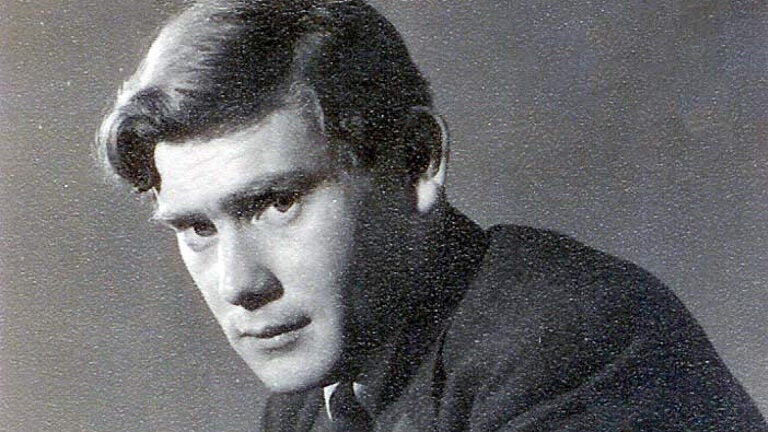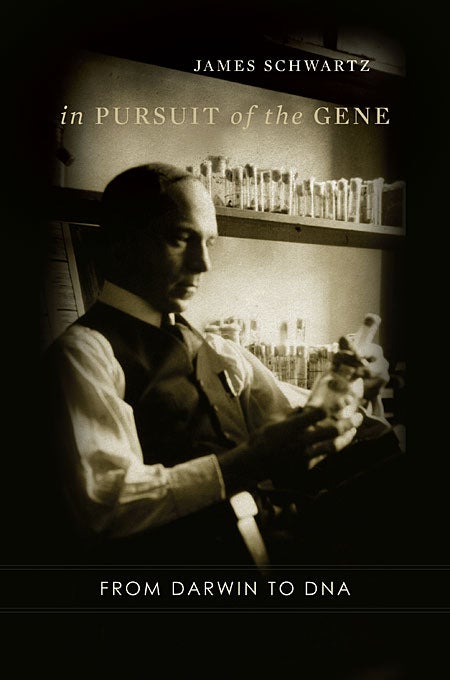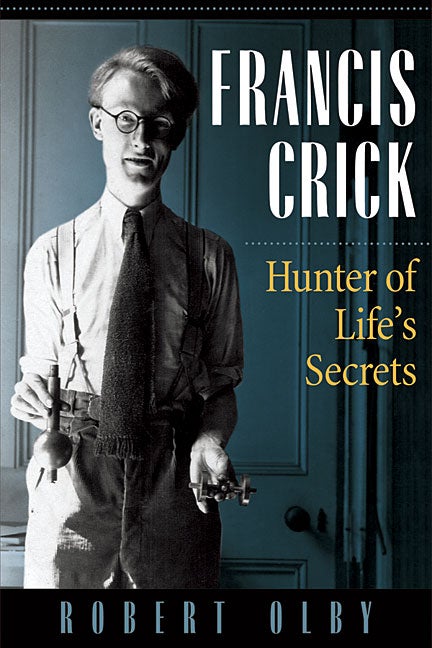Sydney Brenner Research Fellowship
 The Sydney Brenner Research Fellowship, endowed by the Francis Goelet Charitable Trust in 2006, is one of three opportunities offered by the CSHL Center for Humanities & History of Modern Biology. It offers stipends of up to $5,000 to fund travel and other expenses associated with work on a significant research project in the history of the life sciences. Ideal projects will be advanced and broad in scope, with at least some relevance to collections in the Cold Spring Harbor Laboratory Archives. The CSHL collections themselves are very broad in scope, encompassing activity around the world as well as at CSHL and several precursor institutions. Please see descriptions of the CSHL collections at the Archives homepage and consult detailed finding aids on CSHL ArchivesSpace.
The Sydney Brenner Research Fellowship, endowed by the Francis Goelet Charitable Trust in 2006, is one of three opportunities offered by the CSHL Center for Humanities & History of Modern Biology. It offers stipends of up to $5,000 to fund travel and other expenses associated with work on a significant research project in the history of the life sciences. Ideal projects will be advanced and broad in scope, with at least some relevance to collections in the Cold Spring Harbor Laboratory Archives. The CSHL collections themselves are very broad in scope, encompassing activity around the world as well as at CSHL and several precursor institutions. Please see descriptions of the CSHL collections at the Archives homepage and consult detailed finding aids on CSHL ArchivesSpace.
Applications must be received by August 31st to be considered for the upcoming Fall-Spring academic year.
Sydney Brenner Research Fellowships are intended to support research and publication (or other exhibition/dissemination) of ambitious, original projects in the history of the life sciences.
Award Benefits
The Sydney Brenner Research Fellowship awards up to $5,000 (USD) to each recipient to support direct costs of completing the proposed project, which should include a period in residence at CSHL. While here, Brenner Fellows will have a work space in the Carnegie Library, complete access to our collections, and support from our team of archivists, librarians, and historians. If space permits, Brenner Fellows will have the opportunity to rent accommodation on campus during their stay.
Who is Eligible?
The fellowship is open to scholars (at any career stage), journalists, writers, filmmakers, and creative artists undertaking substantial research into the history of the life sciences.
How to Apply
The application package must include the following:
- A completed application form, including names and contact information for two individuals who are familiar with your work and would be willing to provide letters of recommendation upon request from CSHL.
- A research proposal (see below for detailed instructions).
- A selected bibliography of titles or collections in the Cold Spring Harbor Laboratory Library and Archives that are relevant to your research proposal.
- A brief budget statement showing the expenses for which support is requested.
- A curriculum vitae. Please include education and employment history, dates of study, areas of study, previous publications, and previous or current fellowships, grants, and awards.
Please submit applications electronically via email to SydneyBrennerScholarship@cshl.edu. Attach all documents in .pdf, .doc, or .docx formats, with a brief covering letter in the body of the email. Please format the subject line of your email as “Sydney Brenner Research Fellowship application [Year] – [Your Name]”
About the Research Proposal
In a maximum of 1000 words, the proposal should explain your research question or objective, the sources you intend to use (both at CSHL and elsewhere), and the significance of the proposed research to your scholarly trajectory and to your discipline or field. Please specify the items or record groups you would use at the CSHL Library and Archives and give a tentative schedule for completion of your project.
Please submit your proposal in double-spaced 12-point font.
Selection Criteria
The Brenner Fellowship committee seeks proposals that are sophisticated, detailed, and original. Relevance of CSHL collections to the project (and vice versa) is an important factor, but the committee’s primary consideration will be the overall quality and significance of the project. If you are still at the initial stages of formulating a project, please consider applying instead for one of our travel grants to visit CSHL.
Announcement of Scholarship Recipients
The Brenner Fellowship committee will notify recipients in September of a given year.
What is Expected of Fellowship Recipients
- Brenner Fellowship funds must be used during the academic year following notification of the award (Sept. 1 to July 31).
- If possible, Brenner Fellows will present preliminary results of their research to the CSHL community in a talk.
- The research findings should also be presented in professional talks or other venues, and culminate in scholarly articles, book(s), or other forms of creative expression.
- A copy of the final research output is to be donated to the CSHL Library and Archives.
Allowable Expenses
The stipend can be used for any purpose relating to the scholar’s research project, including travel, transportation, daily expenses, and accommodations at CSHL and other relevant archives, over the course of one year. Other types of permissible expenses include those associated with translating relevant primary sources, recording oral history interviews, transcribing oral history interviews, and microfilming archival materials.

